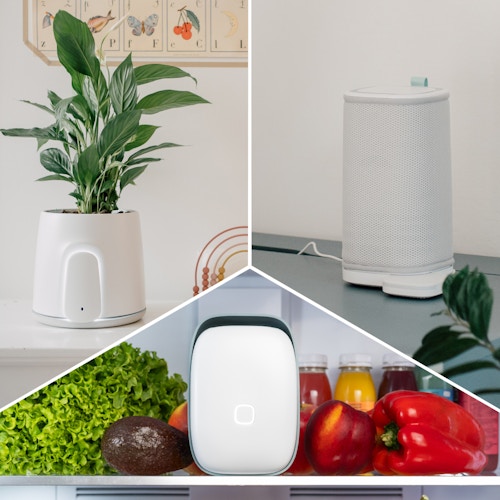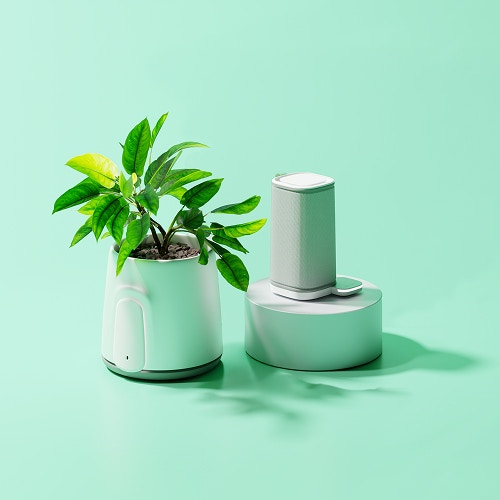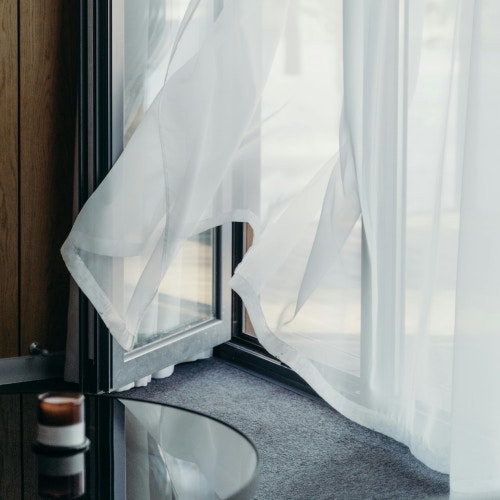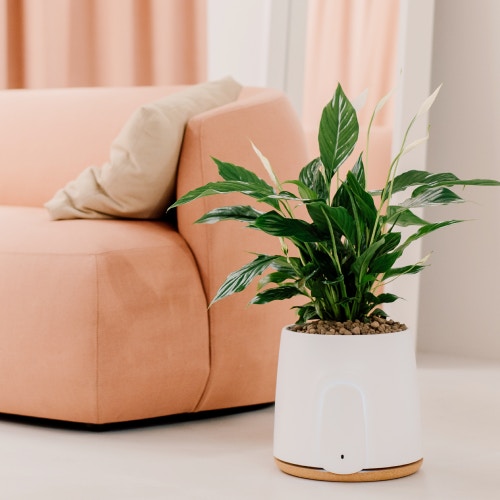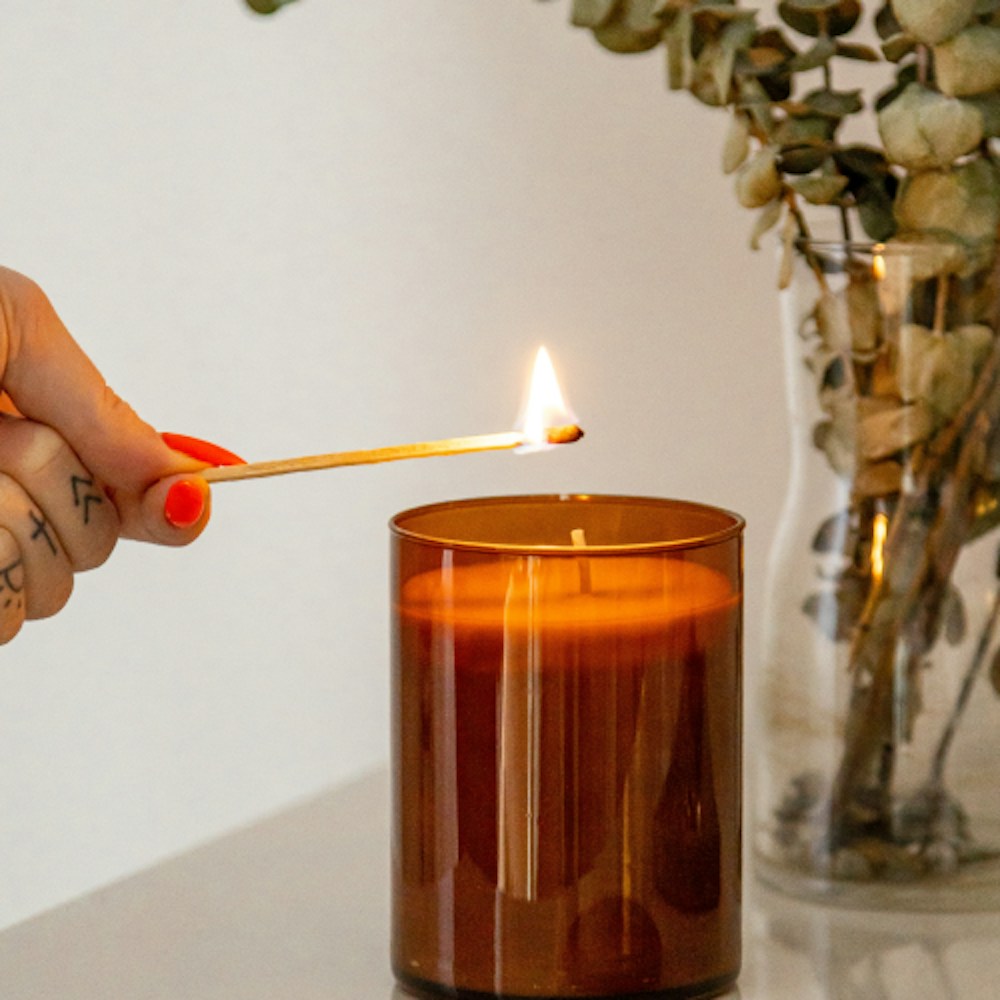
7 common mistakes that contribute to poor air quality in your home
→
Are you sure you are doing everything possible to have clean air in your house? Maybe you are making one or more of these mistakes: discover it now!
Tons of homeowners often forget about how their lifestyle and habits can impact their safety. While some obvious activities like smoking or having a fire are done outside by most people, many are making the mistake of doing equally as harmful things in their home. In fact, people are vulnerable to the following pollutants:
· Formaldehyde (fumes or odors from furniture, paint, fabric, household cleaning products, and cosmetics products)
· Mold
· Particular matter (PM) 2.5 (e.g., dust and pollen)
As you can see, air quality is highly important to the health and quality of life in your property. This is why you should eliminate any damaging chemicals and substances within your home.
Here are 7 common mistakes that contribute to poor air quality in your home, and how to avoid them:
1. Lack of Dusting
Believe it or not, there are more than 60 sources of indoor air pollution. To make matters worse, this number will intensify if you don’t take the time to dust your home.
Though you don’t need to do it every day, dusting your home every few months is necessary. Dust builds up can cause breathing troubles, allergies, and poor ventilation. Overtime, dust mites will begin living under neglected spaces in your home. This includes under furniture, on high to reach services, and near warm places. When dusting your home, ensure you entirely clean every surface. The most important things to dust would be your air vents and parts of your ventilation system. Dust, hair, and other materials build up around those areas, decreasing the quality of your air.
Though cleaning isn’t fun, getting rid of dust buildup is beneficial to your health and safety. Oftentimes people suffer from an influx of dust in their home.
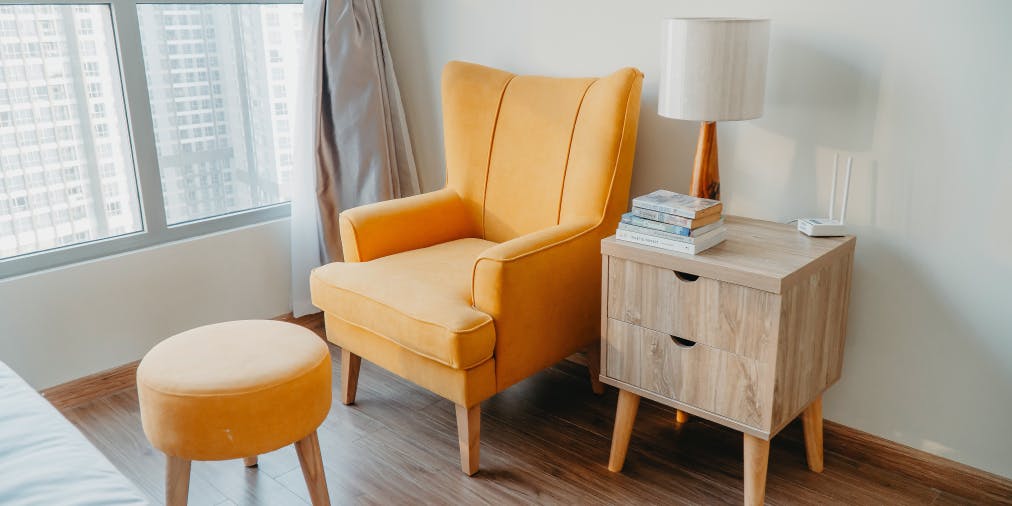
2. Wrong Filters
If you use the wrong filters in your HVAC system (heat and air conditioning system), it will be ineffective. Your home ventilation system will usually tell you what filters should be used on the instructions or AC itself. If you can’t find this information on your HVAC system, search up the name of it and you should be able to find the correct type of filter through the product website.
It’s also a common misconception for home owners to believe that they can use any brand or type of filter, but this is certainly not true. Using an improper filter basically makes your ventilation system pointless.
3. Never Replacing Your Filter
HVAC filters must be replaced at least every 6 months. Though this seems a little much, filters wear down quickly, due to dust buildup. You should set a reminder on your phone so you know when it’s time to get a new filter. If you’ve had the same one for years, that’s likely why your home air quality isn’t up to par. Before purchasing a new filter, make sure that you are getting the correct one. Doing a considerable amount of research into the filter you buy will help you find the best option for your HVAC system.
Or, if you prefer not to worry about replacing a filter, consider the Natede Basic or the Natede Smart from Vitesy.com – These products will eliminate and monitor indoor pollution without you needing to replace the filter.
4. Burning Candles, Incense, or Other Aromatics
While most people burn lovely smelling items like candles or similar objects in their home, they release harmful toxins into the air. Though aromatic products are advertised as home friendly and inviting, most options on the market are made up of toxic chemicals. Burning a candle in a closed room without a window open is harmful.
A majority of candles and wax melts contain what is known as VOCs (or volatile organic compounds). Some VOCs are safe, while others can pose a huge threat to your safety. Harmful VOCs can interact with other substances in the air and form dangerous chemicals such as formaldehyde.
If you are going to still use candles, incense, wax melts, and other things that release scents into the air, use them in moderation. You can also purchase beeswax candles which are safer to use.
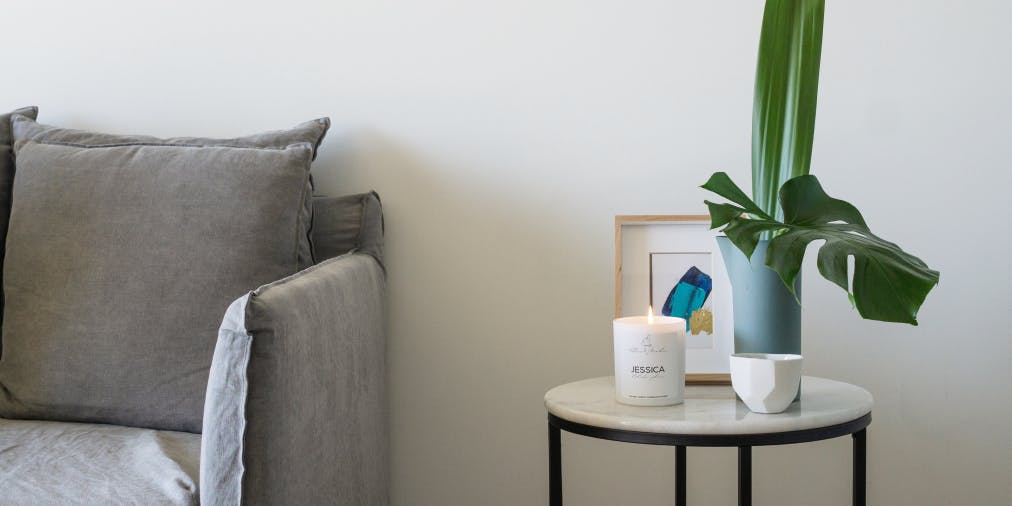
5. Overusing Aerosol Products
Spray paint, air freshener, and other aerosol products are regularly used within households. If you avoid ventilating your home properly, aerosol products can seriously decrease the quality of the air. Aerosols also contain VOCs, and are made up of harsh components. Using these harsh chemicals in high doses without any ventilation can put you at risk for lung damage and other health issues. It’s not safe to breathe aerosols in.
If you do use aerosols, make sure you have a window open to help dilute the fumes. Breathing in aerosol fumes exposes you to toxic chemicals. This is why you have to be careful when using them.
6. Not Ventilating When Cooking
Especially if you have a gas stove, when you are cooking inside your home, try your best to ventilate the area. Open up a window to let all the chemicals, smoke, and other emissions clear out. Those who have a gas stove can be at risk of carbon monoxide exposure. Pollutants like that can be deadly when you are overly exposed to them.
While cooking seems like a harmless chore, it can negatively change your home’s air quality if there is no ventilation. So, be sure to open up a window or two when preparing meals or any kind of food using gas.

7. High Humidity Levels
Just like in dry climates, it’s also difficult to breathe in very humid spaces. Though it’s rarely discussed, checking the humidity level of your home is crucial. High humidity is a common culprit for intensifying allergies during allergy season. As a result, high humidity makes air quality poor, and can also create opportunities for mold to grow. Black mold typically grows in homes with high humidity and poor ventilation. Breathing in black mold overtime in mass quantities can be potentially fatal.
You’ll want to make sure that your home humidity levels are below 60%.
Maintaining Stable Air Quality
These 7 common mistakes could be reasons why your home has poor air quality. If you have been making any of these mistakes, it’s time to change your habits before negative effects worsen. Your health and safety heavily depend on the state of your home environment.
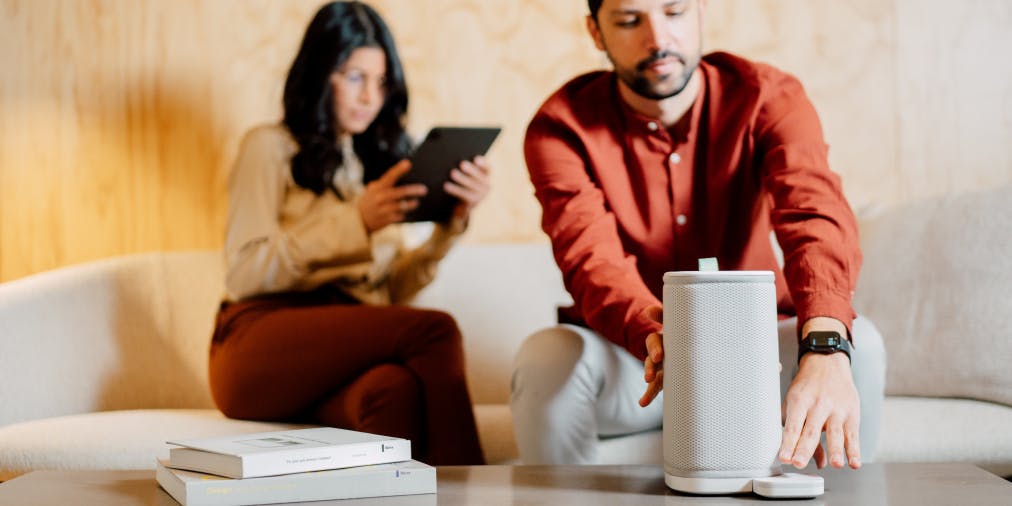
Writer: Madeline Miller works at Do My Essay. Madeline writes about house safety.
